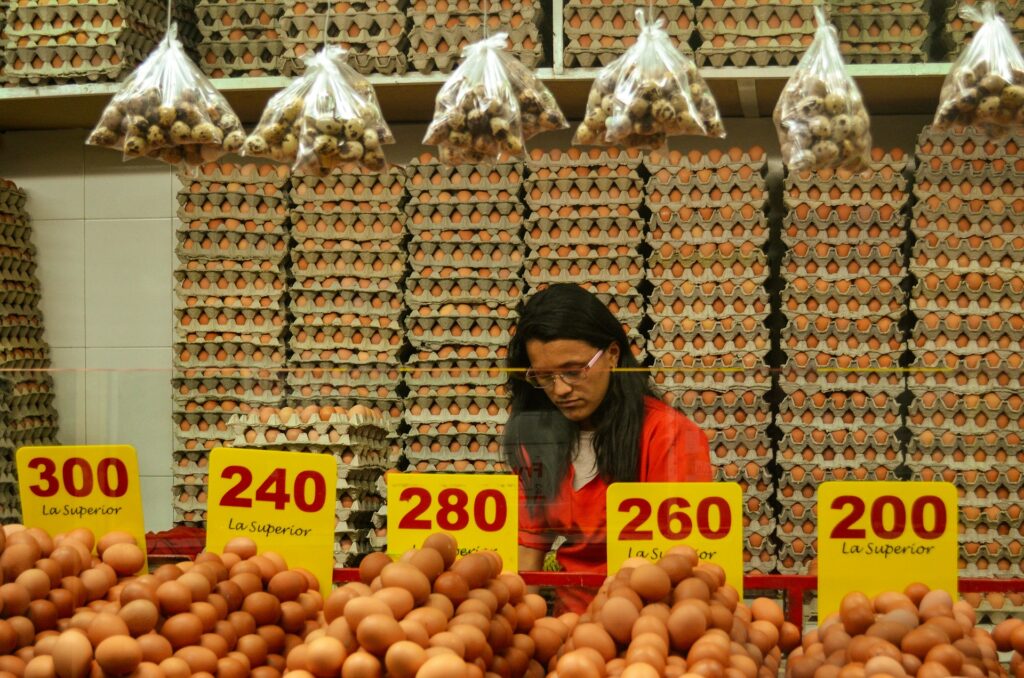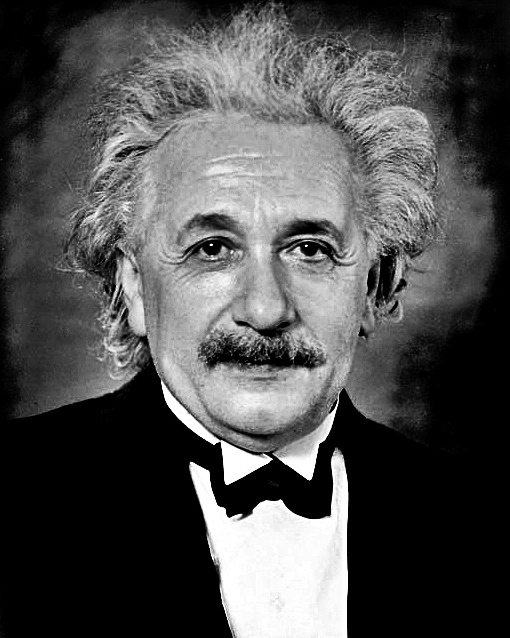“Eggs are natural and economical, so keep enough on hand,” a smiling man cheerfully explains in a 1978 commercial sponsored by the American Egg Board.
“Eggs are a natural wonder, for meals, snacks, appetizers, whatever,” he goes on to claim, backed by upbeat music. The advert ends with a tagline well known to Americans: “The incredible edible egg.”
“The egg is really a miracle ingredient in terms of its versatility and what it brings to our food,” Jon Rathauser, CEO (chief egg officer) and co-founder of Israeli startup Eggmented Reality, tells NoCamels.
And Rathauser and the team at Eggmented Reality believe that they have created an even more incredible kind of egg, without any of the drawbacks associated with the industry.
The real egg has struggled to remain as economical as it once was, with outbreaks of Avian Flu and salmonella triggering shortages and price fluctuations. And according to the United Nations’ Food and Agriculture Organization, there has been a slow but steady decline in the global production of eggs in recent years.
Eggmented Reality identified a naturally occurring protein that can provide the same functionality as an egg in cooking — gelling, binding and foaming — but without the ongoing challenges of the egg industry.
Through precision fermentation, a process in which microorganisms are used to produce specific functional ingredients, Eggmented Reality used this protein to create its better egg – no hen required.
“We had this ability to conduct a search, and our search found a better egg,” Rathauser explains.
The new egg is vegan, has no genetic modifications and places far less strain on the environment than traditional chicken and egg farming.

Rathauser actually has the egg to thank for helping his family set down roots in the United States. His great-grandparents, who immigrated to New Jersey from Germany shortly before World War II, found a new life as chicken farmers, helped by their daughter Marriane – Rathauser’s grandmother.
The family would deliver eggs in the area, and Grandma Marriane’s route took her to Princeton, where one of her customers was none other than Albert Einstein. There was even an article printed in the local weekly the Princeton Packet about the little German immigrant Marriane delivering eggs to Einstein.
Rathauser recalls wondering when he first began working on the protein what both his grandmother and Einstein would think about him making eggs without chickens.
He says that back when his grandmother was raising chickens, the egg really was the optimal way of meeting certain culinary needs. What is more, it was right there in the backyard, making it convenient and scalable.
But, he says, unlike then, today we have the ability to search for better sources of the functionality that the food industry requires.
It was Eggmented Reality’s Scientific Co-Founder Itai Bloch who was responsible for finding the egg-like protein, with know-how from more than a decade of developing and using algorithms in a variety of industries, including pharmaceutical and agriculture.
Using Bloch’s discovery, fellow Scientific Co-founder and protein specialist Itamar Yadid then inserted the protein’s DNA into a fungus, where it grows naturally.
Bloch and Yadid were both working at the Migal Galilee Research Institute, based in the northern city of Kiryat Shmona, when they were approached in February 2022 by Dr. Tammy Meiron, Chief Technology Officer at the Fresh Start foodtech incubator.
Sign up for our free weekly newsletter
Subscribe
Meiron had understood that the food industry needed a better solution than the egg to meet its needs for gelling, binding, foaming, whipping and emulsification.
Bloch and Yadid set up the company that same year as a collaboration between Migal and Fresh Start, using a material science toolkit that combined biology, chemistry and physics to understand and predict how the protein would behave when used in food production.
Then they honed in on three aspects of the food and beverage industry who would benefit from their R&D: baking products, meat and energy drinks.
Eggmented Reality realized that the industry is actually eager to find an egg alternative that is price stable and meets environmental, social and governance goals.
The startup says it is able to hit all of those points, for while the microorganism is engineered to produce a foreign protein, the final product is nature-identical and unmodified.
Furthermore, Eggmented Reality says it has shown that it can use 40 to 50 percent less of their protein as an egg to achieve the same functionality.
While there are other companies pursuing an alternative to the egg, Rathauser says that many of them, while using precision fermentation like Eggmented Reality, are still trying to recreate a chicken egg, just without the bird. And this has proven to be a very expensive process.
These egg alternatives also have other issues, ranging from clogging up machinery to simply not being able to bind ingredients as well as a real egg.
There have also been attempts to use plant-based proteins to replace the egg, but those typically lack when it comes to the functional capabilities, something that is very important for food and beverage manufacturers when pursuing egg replacements.

Unsurprisingly, it has been Israel’s war with the Hamas terror group in Gaza and the accompanying attacks on northern Israel from the Iranian-backed Hezbollah in Lebanon that has created Eggmented Reality’s greatest challenge of late.
The team left their lab in Kiryat Shmona, just a couple of kilometers from the Lebanese border, and never managed to return. They have since relocated twice and at times operated with 40 percent of their team serving in the Israeli army reserves.
Rathauser explains with a smile that a timetable for when Eggmented Reality expects its product to make its way into food products is “kind of a chicken and egg situation.”
The company needs partnerships with food and beverage companies in order to move the product forward, but first must secure approval from the US Food and Drug Administration (FDA) in order to be available on the American market.
But having already struck up partnerships with food and beverage giants such as Tnuva, Mondelēz and others, Eggmented Reality says that many in the industry are eager for a product such as its egg.
And with the support of Fresh Start, the state-run Israel Innovation Authority and online investment platform OurCrowd, the company keeps moving ahead, hopeful that its better egg will appear in food products as soon as 2026.
Related posts

Israeli Medical Technologies That Could Change The World

Harnessing Our Own Bodies For Side Effect-Free Weight Loss





Facebook comments